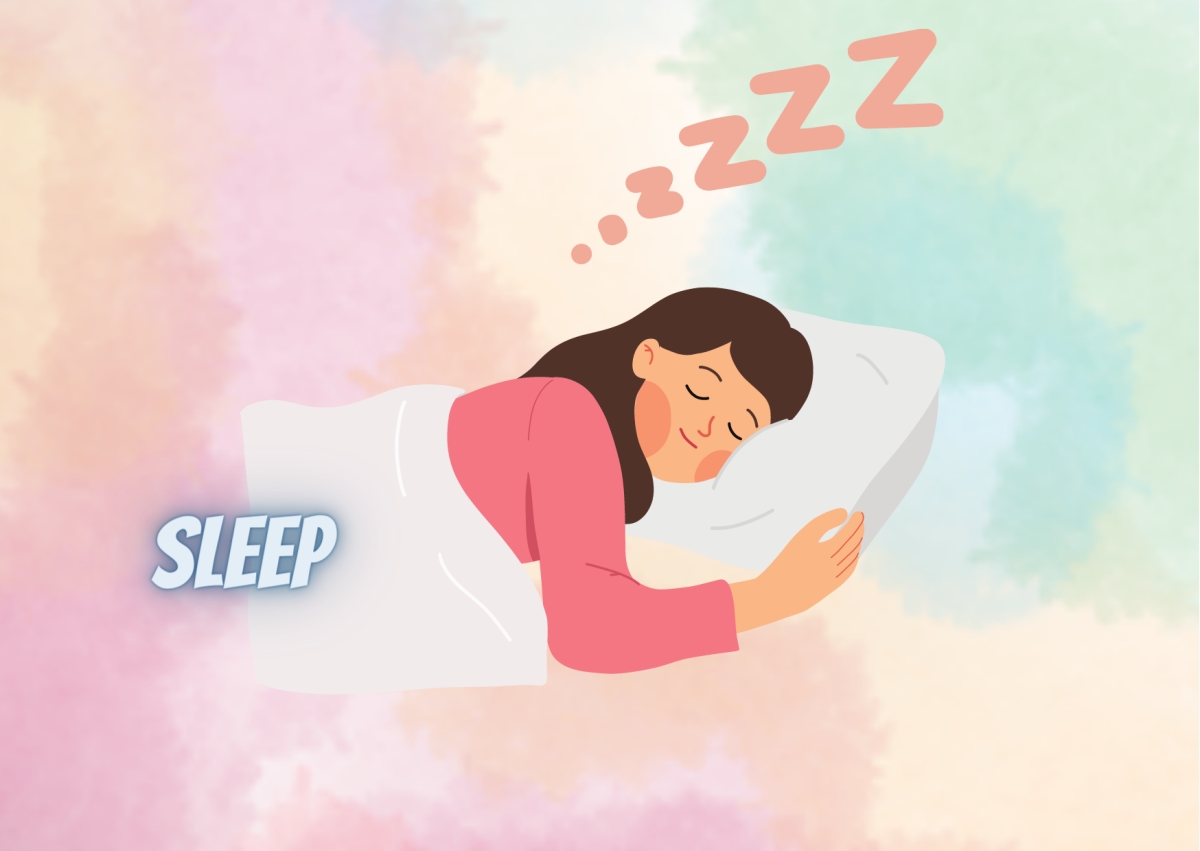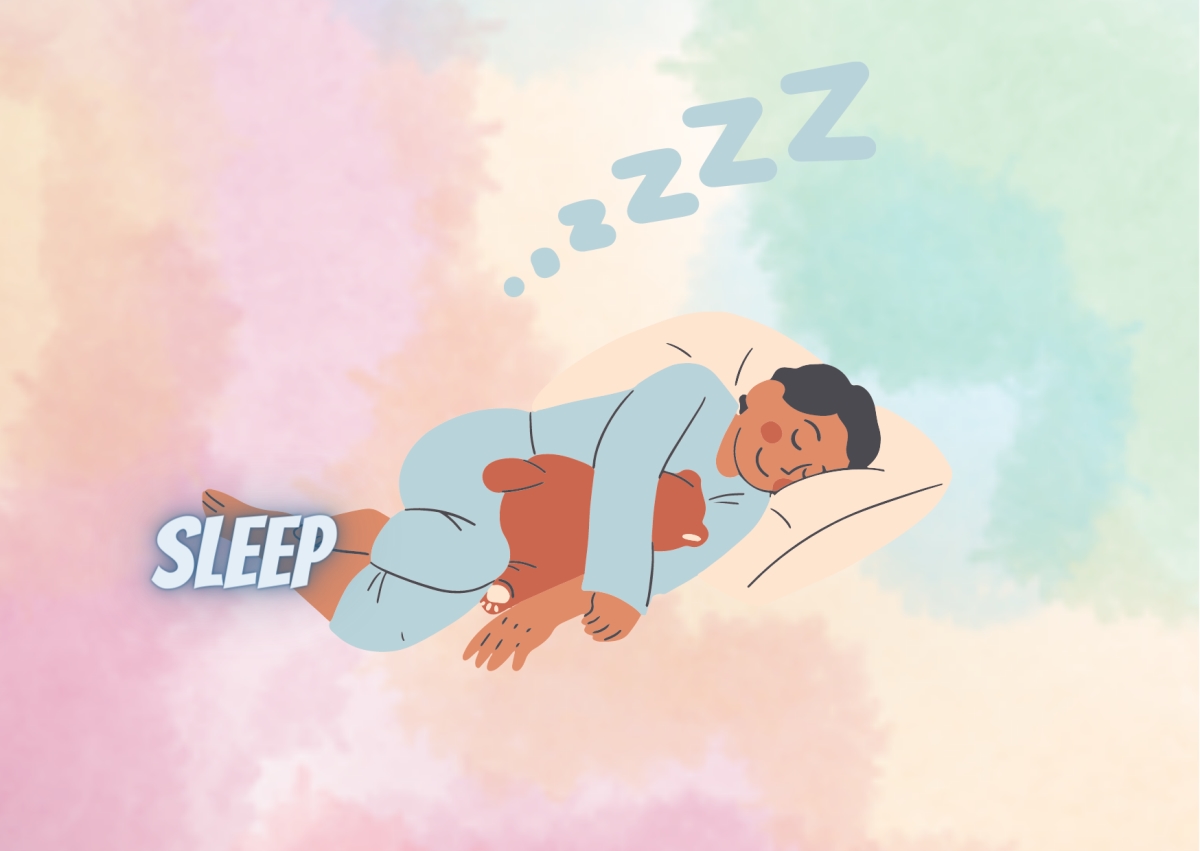4 Tips for the Best Sleep of Your Life
How to improve sleep?
Good sleep is essential for both physical and mental health, and can have a significant impact on quality of life. It is important to prioritize good sleep habits and seek help if persistent sleep problems are interfering with daily life.
Everyone needs to sleep. You might have had trouble falling asleep, as well as many people you know. Even though you’re not the only one who occasionally has trouble sleeping, getting too little or poor quality sleep can have a negative impact on your physical or mental health. Insomnia is the inability to fall asleep soundly at night.
Your health and level of productivity can both be enhanced by getting a decent night’s sleep. Your body and mind will benefit from a good night’s sleep. Your relationships, job, health, and happiness may all be significantly impacted. I’ll explain insomnia in this piece and offer some tips for getting a better night’s rest. I’ll give you many of options you can use right away to feel relaxed and more energised.
What Does Getting Your Best Night’s Sleep Mean?
An easy time falling asleep, maintaining sleep, and waking up feeling rested are all signs of a good night’s sleep. The opposite of insomnia is this. Insomnia is the inability to go to sleep, get up too early, stay asleep, or get back to sleep in the middle of the night.
10% of the world’s population struggles with insomnia. For the broader British population, this proportion ranges between 30 and 40 percent. Women are also more prone to insomnia than males are.
Why is insomnia so widespread?
Your sleep patterns may change as a result of your hectic environment. This is so that you can sleep better at night instead of worrying about all the things you have to do during the day.
Everything you dealt with during the day may become more pressing on your mind at night. But you need to give your mind a rest. Your mind can rest with your assistance. You may do this by sending your mind and body cues when it is time to sleep.
These signals inform your body that it is time to go to bed rather than be awake. Your mind is instructed to rest rather than work by the messages you send it.
What is a healthy sleep routine?
Good sleep hygiene refers to the routines and habits used to treat insomnia. Your sleep is improved by good sleep hygiene. It resembles proper oral hygiene.
Good sleep hygiene aids in the prevention of insomnia, just as good dental hygiene can lessen dental issues. One of the causes of this is that excellent sleep hygiene promotes your body’s melatonin production, which is released naturally while you sleep.

